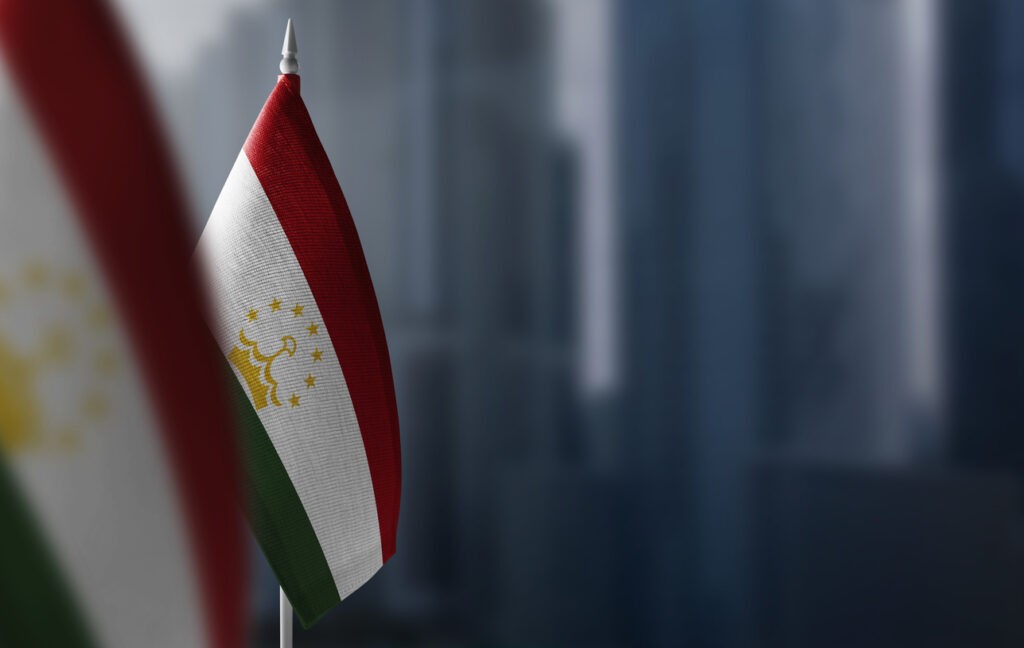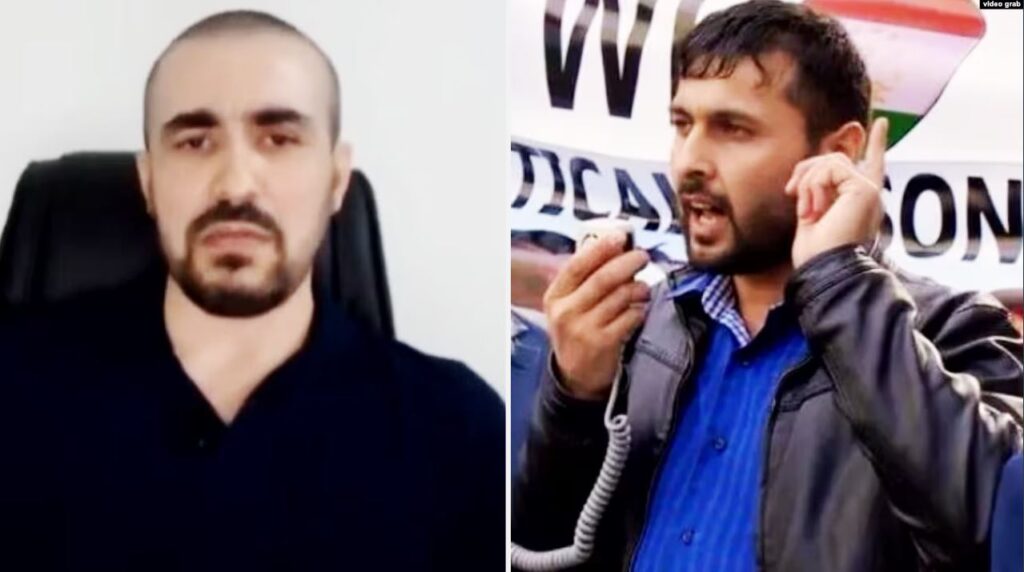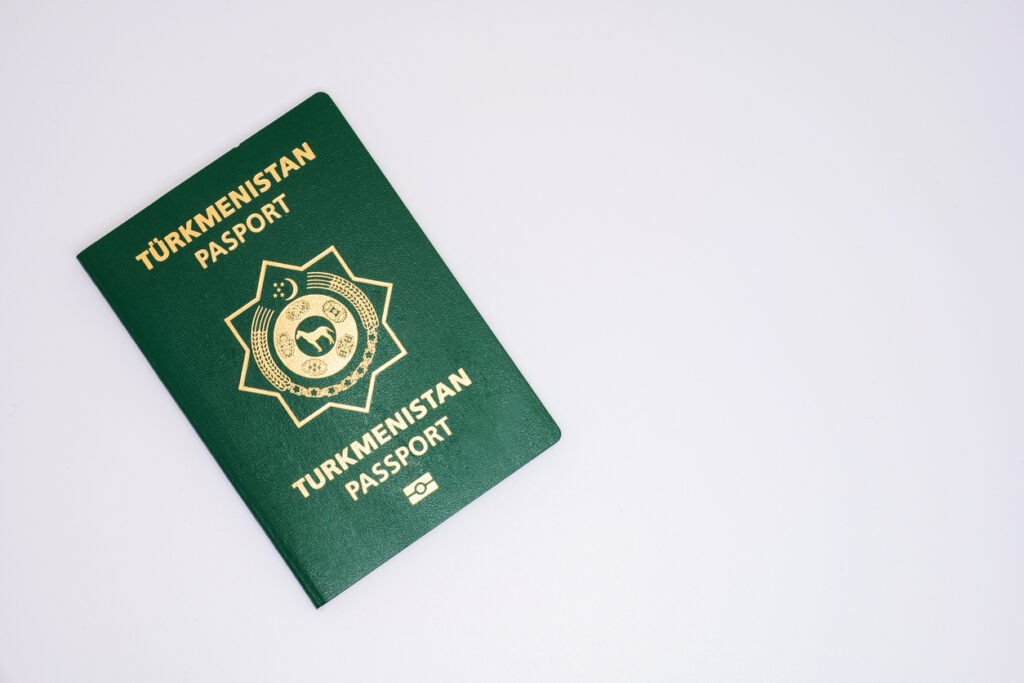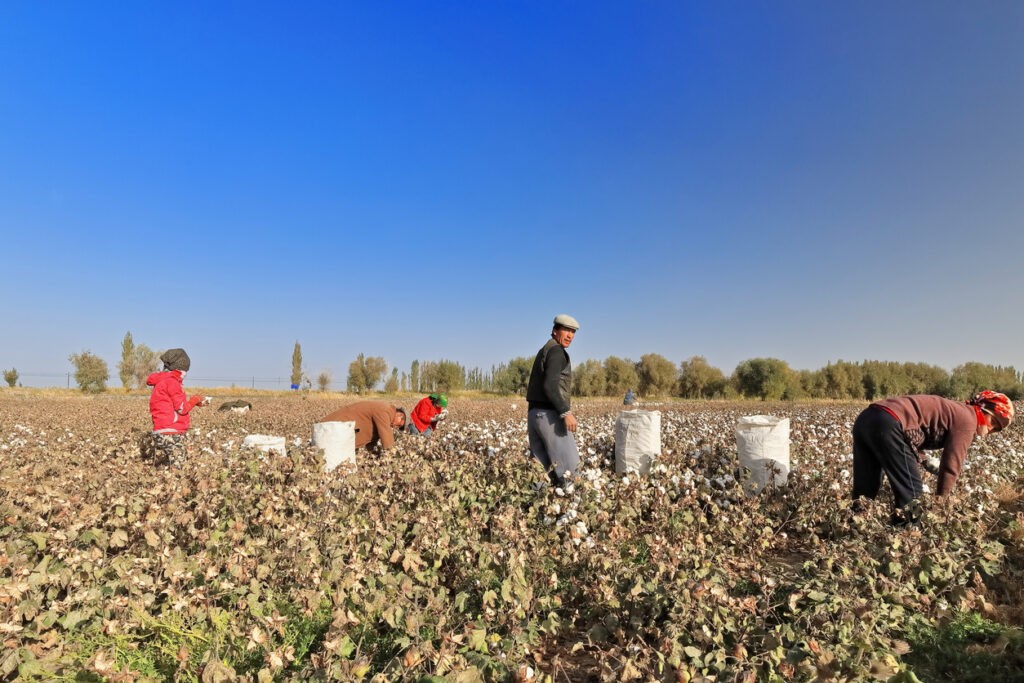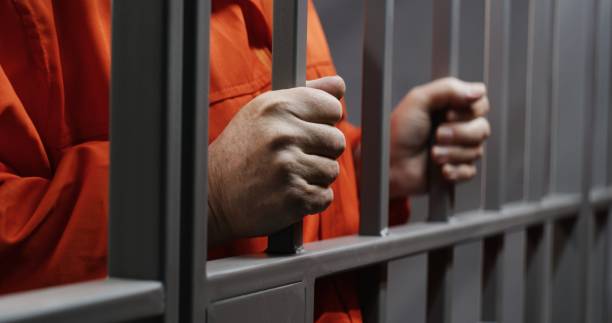Tajik Opposition Calls for Global Action Against Rahmon Regime’s Human Rights Violations
According to Azda TV, the Tajik opposition movement “Reform and Development of Tajikistan” has appealed to the governments of the USA, Canada, the United Kingdom, Norway, and countries of the EU, to support efforts for peaceful and constructive dialogue between the Tajik opposition and President Emomali Rahmon’s government. The movement called the global community to help resolve the crisis in Tajikistan, where Rahmon’s regime targets political opposition, civil society, and independent media. They highlighted human rights violations, including extrajudicial killings, arbitrary arrests, and the persecution of journalists, activists, and lawyers. Sharofiddin Gadoev, the movement’s leader, called for key goals, such as freeing political prisoners, ending the repression of journalists and activists, ensuring free speech, and having an independent press. He also called for laws in Tajikistan to meet international human rights standards and for free, fair elections involving all political groups. In this regard, the movement “Reform and Development of Tajikistan” called on the international community for “coordinated actions to protect human rights and support democratic processes in Tajikistan, as well as to strengthen political pressure on Emomali Rahmon.” The movement has said: “Tajikistan is a country with a young population. For this generation, the absence of democratic alternatives and opportunities leads to the risk of radicalization. This vacuum of democratic choice can be used by extremist groups, which threatens not only Tajikistan but all of Central Asia. The country may be on the verge of destabilization in the ongoing crisis and the lack of effective reforms. This will create a stream of refugees and strengthen extremist movements, which will become a serious challenge in the field of security.” The movement is calling on the International Criminal Court to investigate Rahmon’s regime of serious crimes like torture and disappearances. They have asked for help before, urging the release of political prisoners and an end to repression, but so far, the Tajik government has ignored these calls, and human rights abuses continue.
